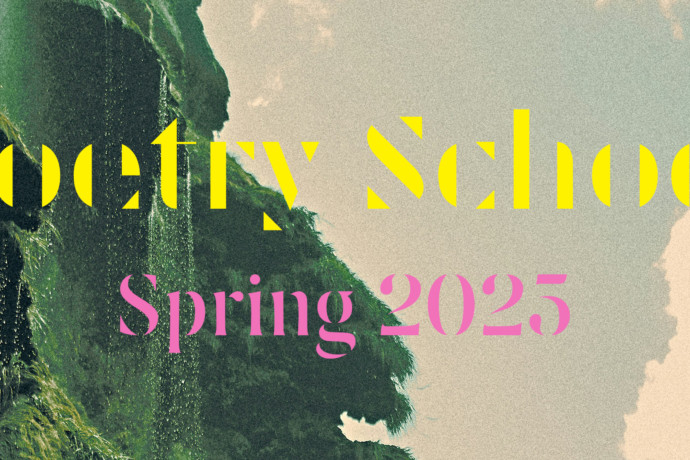blog Articles
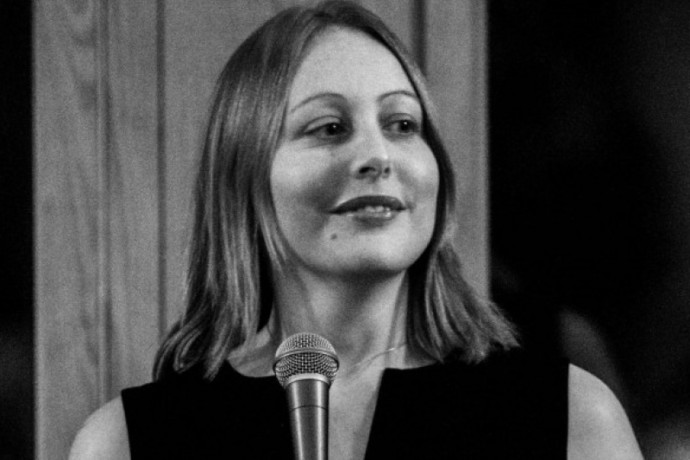
How to: Offer Feedback
Expert Poetry Tutor Elizabeth Parker’s guide on how to offer feedback.
Read More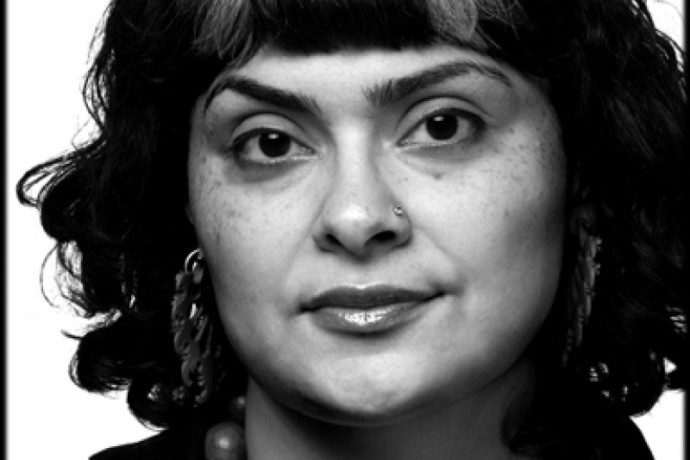
Poetry Queries: Can Poetry Be Taught? with Sascha Akhtar
In this series, we interview our tutors about poetry queries. Here’s Sascha Akhtar discussing the idea of whether poetry can be taught.
Read More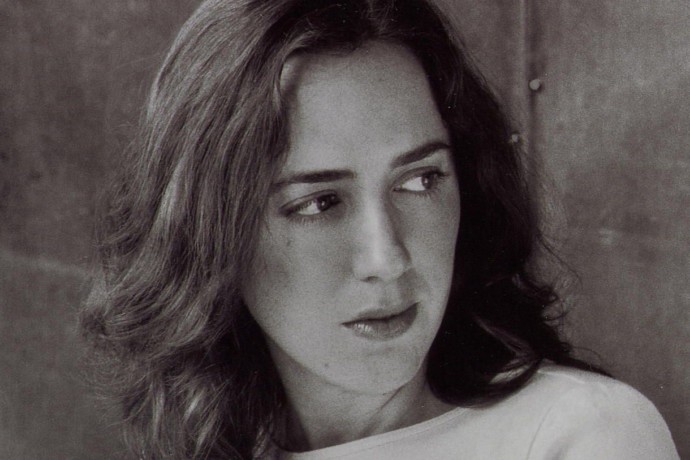
Poetry Craft: My Favourite Poetic Device with Eve Grubin
Eve Grubin discusses her favourite poetic device.
Read More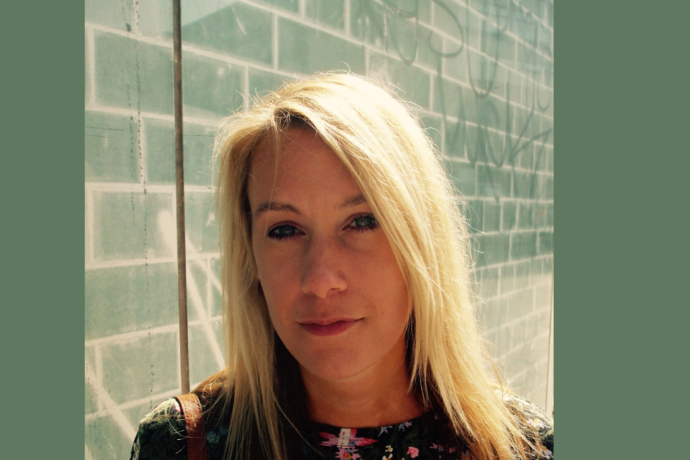
How to: Take Criticism Well with Natalie Whittaker
Expert Poetry Tutor Natalie Whittaker’s guide on receiving criticism constructively!
Read More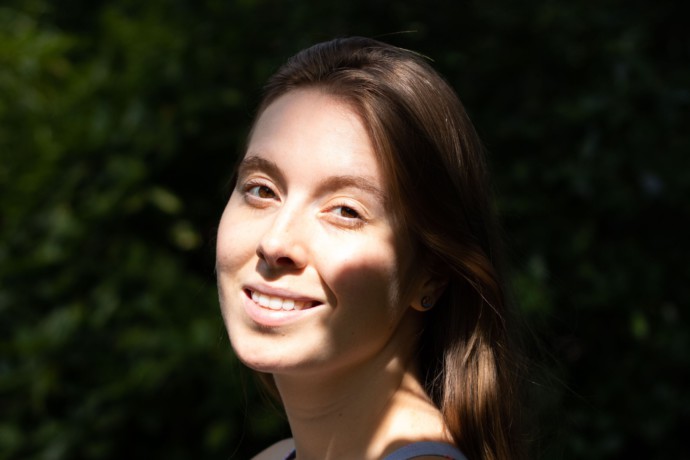
‘Whose Story is it Anyway?’ Exploring Unreliable Narration with Elspeth Wilson
Expert Poetry Tutor Elspeth Wilson discusses narration and masking in your poetry
Read More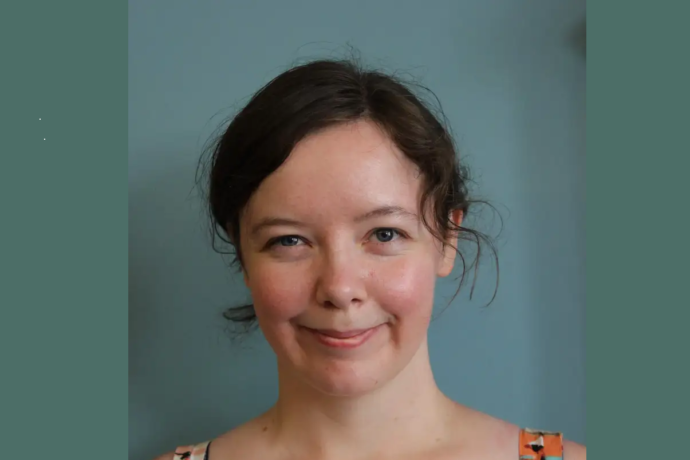
How to: Poetry Writing Tips for Beginners
Expert Poetry Tutor Dr Becky Varley-Winter offers priceless pointers for new poets!
Read More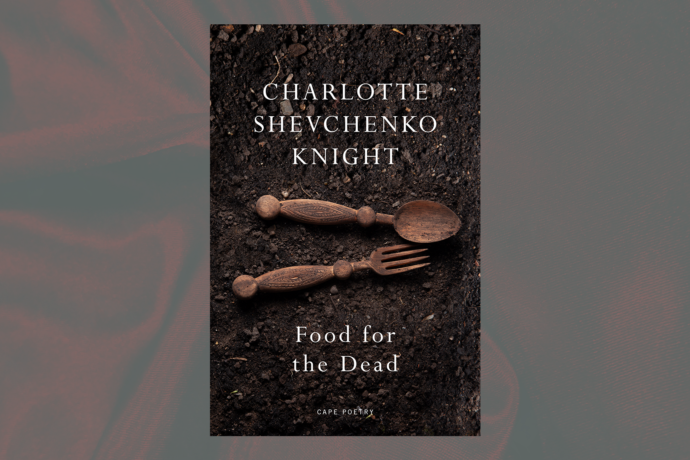
How I Did It: Forward Prizes – Charlotte Shevchenko Knight on ‘Food for the Dead’
Welcome to our Forward Prizes 2024 ’How I Did It’ series. This year we asked poets shortlisted for the Felix Dennis Prize for Best First Collection to write about the inspiration behind one of the poems from their chosen collection. Here’s Charlotte Shevchenko Knight on what inspired her to write the poem ‘life & no escape’ in Food for…
Read More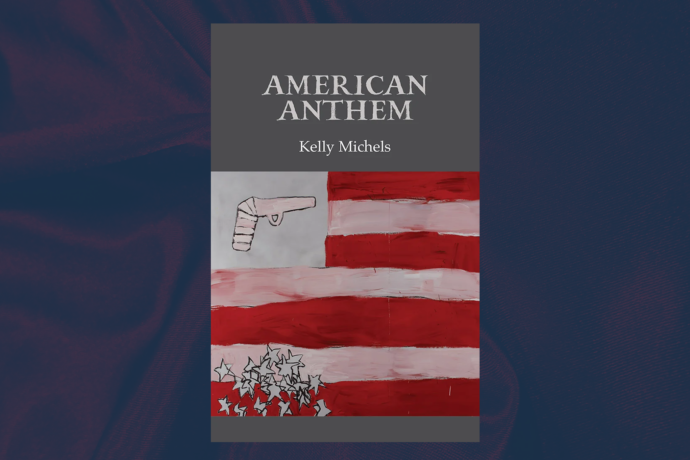
How I Did It: Forward Prizes – Kelly Michels on ‘American Anthem’
Welcome to our Forward Prizes 2024 ’How I Did It’ series. This year we asked poets shortlisted for the Felix Dennis Prize for Best First Collection to write about the inspiration behind one of the poems from their chosen collection. Here’s Kelly Michels on what inspired her to write the poem ‘Hurricane Season in Virginia Beach’ from American…
Read More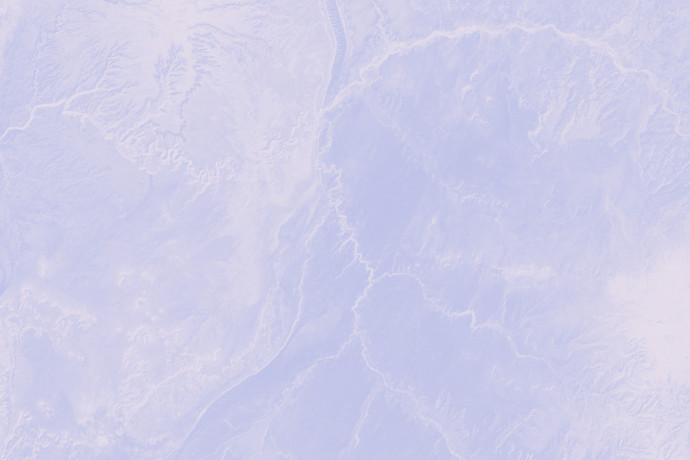
‘Tender Towards Innocence’ by Carmen Bugan: a blog on Innocence in a Troubled World
Carmen Bugan explains how her new course: ‘A Quest for Innocence in a Troubled World‘ will help you write poetry that faces up to this worrisome time. I borrowed the title of this piece from Seamus Heaney, who has said about Czeslaw Milosz: Tender towards innocence, tough-minded when faced with brutality and injustice, Milosz could…
Read More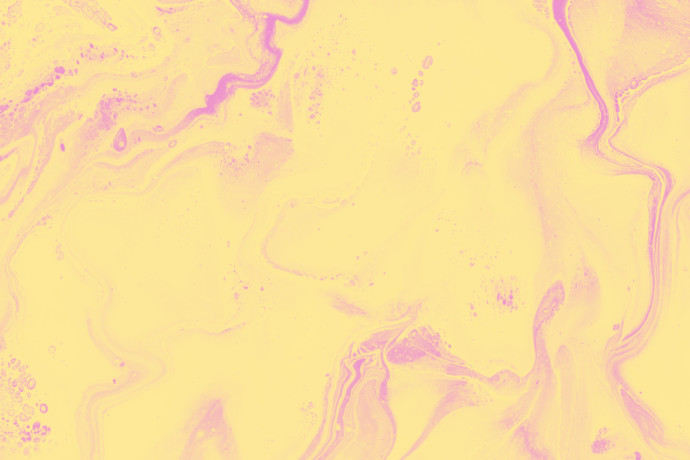
‘He Do The Police In Different Voices’ by Stephen Komarnyckyj: a blog on Alternative Histories
Stephen Komarnyckyj explains how his new course: Writing Alternative Poetic Histories will help you write poetry that faces up to this difficult moment in history I began to think about the role of poetry during what might be a global war during a Skype call with my cousin in 2022. He was in his cellar…
Read More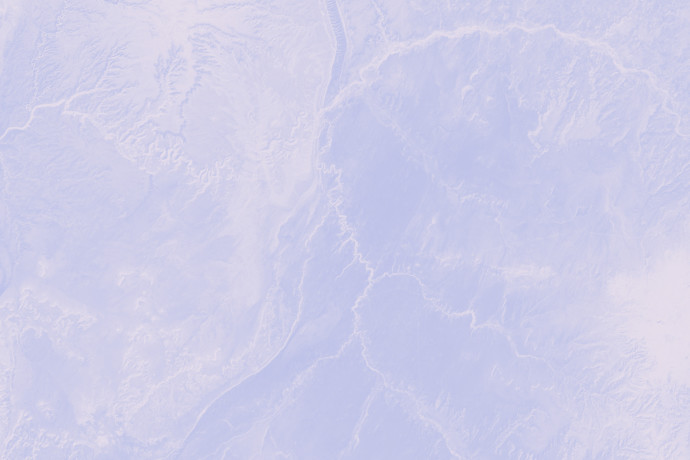
Blog on our course ‘Making Poetry Happen: Poetry Performance by Women & Gender Nonconforming Artists’
Iris Columb on her forthcoming course ‘Making Poetry Happen: Poetry Performance by Women & Gender Nonconforming Artists’, beginning Thursday 25 January 2024. The Risk of Liveness I attended my first poetry night, by chance, in 2014. It was through watching people share their words with a room full of friends and strangers that I really…
Read More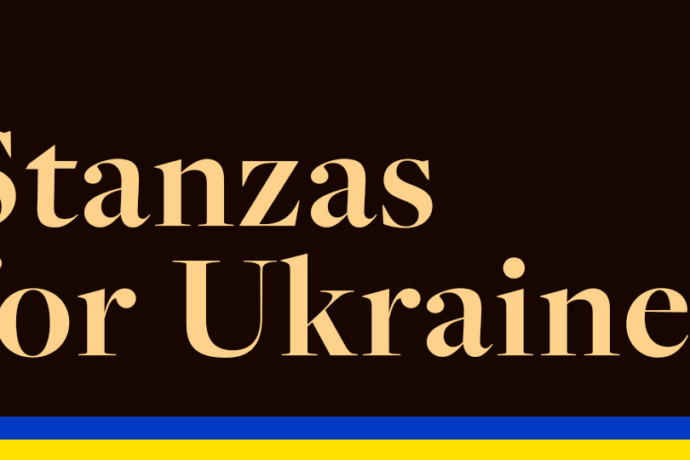
Stanzas for Ukraine – 25
The Heat by Fedir Mlynchenko, translated from the Ukrainian by Stephen Komarnyckyj My flight from the war, launched by Moscow against Ukraine, is similar to the stories of millions of other forced exiles. It’s still too painful to even think about and especially to share my recollections.Despite having traversed thousands of kilometres, I still couldn’t…
Read More
How I Did It: Forward Prizes – Elisabeth Sennitt Clough on ‘My Name is Abilene’
Welcome to our Forward Prizes 2023 ‘How I Did It’ series. This year we asked the poets shortlisted for the Forward Prize for Best Collection to write about the inspiration behind some of their poems from the chosen collection. Here’s Elisabeth Sennitt Clough on what inspired her to write My Name is Abilene. My Name…
Read More
Stanzas for Ukraine – 24
Dreams by Dmytro Lazutkin, translated from the Ukrainian by Stephen Komarnyckyj My four-year-old daughter asked me one day “Dad, how is it that we dream?” Wasn’t she too young to be interested in concepts like this? I thought. The answer surely was no. But was I ready for such challenges as answering this question? Of…
Read More
A Story That Will Never End; An Obituary, for Victoria Amelina
The Ukrainian writer Victoria Amelina died at the weekend from injuries she sustained following a Russian missile attack on the pizzeria where she was dining on 27 June 2023. Her death, which was announced on 3 July 2023, brings the total number of casualties from the strike to 13, including four children. Victoria, who was…
Read More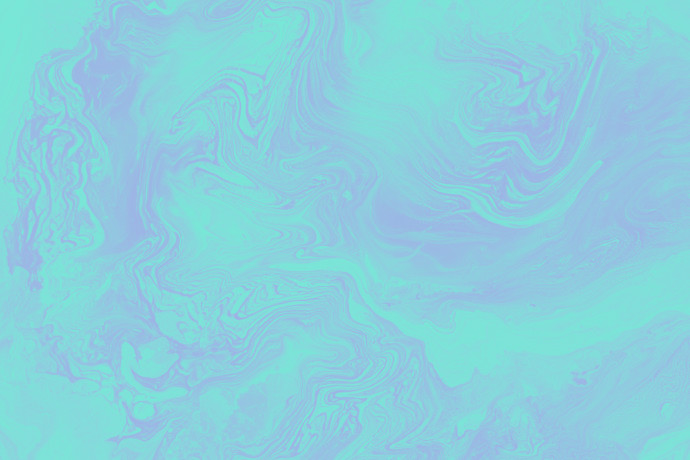
Review Roundup – Inspector Inspector by Jee Leong Koh, Faust by Sandeep Parmar, O by Zeina Hashem Beck
Departing significantly from his earlier collection Steep Tea, Jee Leong Koh’s latest work, Inspector Inspector, is an elegiac, yet witty and bold exploration of history, exile and Asian queer identities. Through various forms and narrative, the reader is invited into a variety of spaces: the personal or the intimate, queer spaces of the lover; the…
Read More
Stanzas for Ukraine – 22
From the Springs of the Earth by Vasyl Makhno, translated from the Ukrainian by Stephen Komarnyckyj I belong to the ranks of those who witnessed the collapse of the Soviet Union with their own eyes, and the Revolution on Granite and Ukraine’s Declaration of Independence. However, by contrast I observed the Orange Revolution and The…
Read More
Form Laboratory
Here are some exceptional poems from Jacqueline Saphra’s Form Laboratory. When I proposed this set of collaborative workshops to The Poetry School, I had no idea of the creativity it would unleash. During the darkening evenings of Autumn 2022, Thursdays became a poetic laboratory where an adventurous, generous, and inspired group of poets invented new…
Read More
Stanzas for Ukraine – 21
Hatred by Halyna Huliieva, translated from the Ukrainian by Stephen Komarnyckyj The subjects and themes of my writing didn’t fundamentally change after 24 February 2022. The war as far as I and many other Ukrainians were concerned didn’t begin last year (and ultimately probably not nine years ago) because I studied history and somehow always…
Read More
Stanzas for Ukraine – 20
Me, Ulyana and Energy by Iryna Sazhynska, translated from the Ukrainian by Stephen Komarnyckyj The day before yesterday, when there was a storm, my father said: ‘Do you hear that? It’s missiles again!’ It was just thunder, which we are doomed to associate for the remainder of our lives with the expectation of death. Last…
Read More
Stanzas for Ukraine – 19
The Poetry of Displacement by Darya Zorina, translated from the Ukrainian by Stephen Komarnyckyj Forced displacement is a theme which has not been picked up by Ukrainian poetry. This is the literary genre, however, which is usually the swiftest and most sensitive to respond to all that happens in the country and to every mass…
Read More
Stanzas for Ukraine – 18
To Speak by Oksana Osmolovska, translated from the Ukrainian by Stephen Komarnyckyj I am ashamed to admit it but I was ‘above politics’ and even proud of it for a long time. I was of course for the Maidan and a little later I was against the annexation of Crimea and Donetsk along with Luhansk….
Read More
Stanzas for Ukraine – 17, Anniversary Blog
“Anniversary Blog: Speaking To The Moment” by Stephen Komarnyckyj On 24 February 2022 Kyiv, the capital of Ukraine, was struck by missiles and Russian troops, who had occupied part of the country’s Donbas region and Crimea in 2014, crossing the border. Russian state TV had been flooded with genocidal rhetoric for weeks, with threats to…
Read More
Stanzas for Ukraine – 16
The Dead Flowers of Forgetting by Iya Kiva, translated from the Ukrainian by Stephen Komarnyckyj I am often asked how I accepted the decision to leave Donetsk. Yes, I know that in Ukrainian the verb has to be ‘approved’, but there was neither approval nor acceptance of the choice I made. I left my home…
Read More